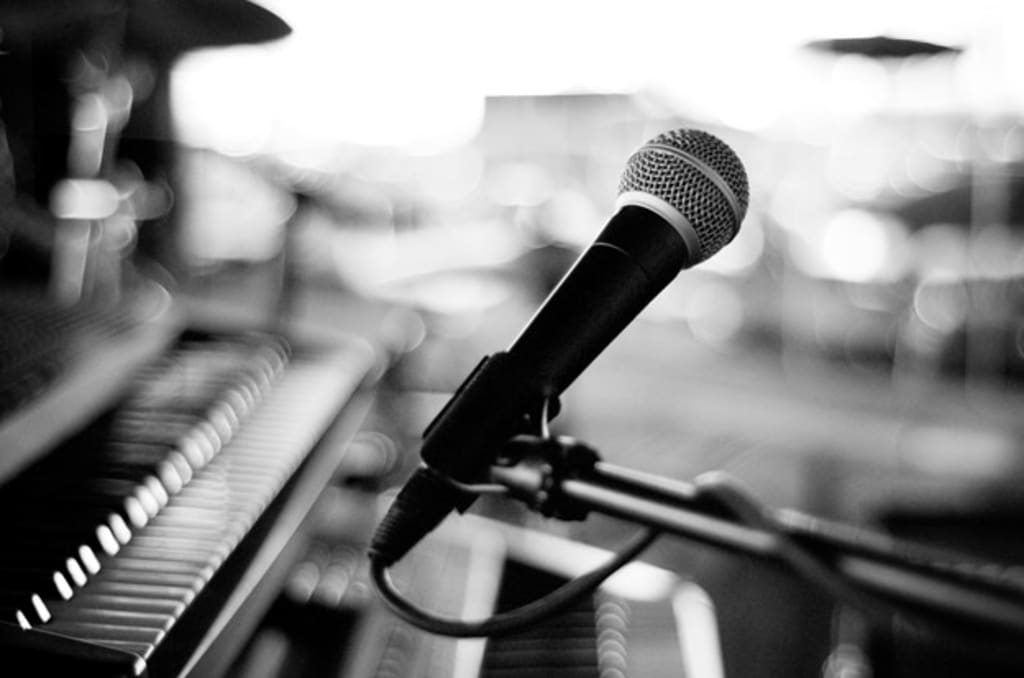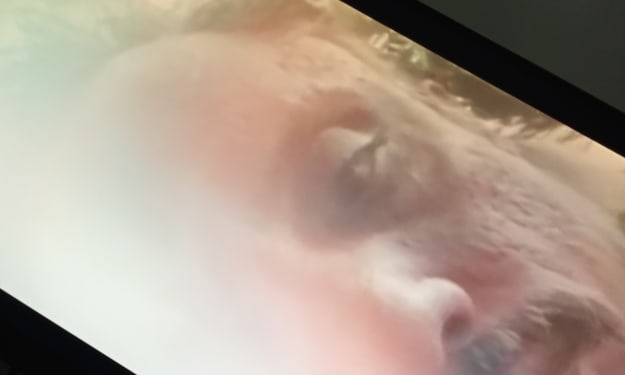New Ideas for Old Songs
Advancing American Pop Rock

Young people are always looking for new music; something more advanced than the music of their parents. Yet, as they become exposed to different types of music over time, and start to study music history and theory, they probably begin to realize there is no such thing as altogether "new music". A successful recording artist would probably consider himself or herself to be extremely fortunate even to add a single new note to musical traditions.
As we face the horrors of coronavirus, quarantine living and economic shutdowns of many entertainment venues, we return to our home studios to consider next generation music, in my case, pop rock.
Currently, I distribute some of my musical ideas on podcasting channels such as Sahib Radio, earthbase661, and earthpop orchestral.
Personally, I tend to be gullible to the concept that most new sounds are added to the musical repertoire due to advancements in the technologies of instrumentation and recording.
As any vocation or avocation, a constant learning process is required to advance your artistic skills as a musician.
I personally find one of the blessing in my life now is that I am able to return to old hobbies, as well as add new interests, to overcome the nagging voice in my mind that tells me that I am growing old.
I also tend to believe now, that an individual's development can follow a fixed, well-worn path, which can be stored on computers to be made available to future generations who want to determine where they stand in their skills, even with regards to musicianship.
In that case, as we strive to create a 'more perfect union', we can see real societal transformation as individuals can be fairly and neutrally evaluated in their professional or personal objectives, regardless of personally identifying characteristics.
Still, questions remain:
1. The risk that over-reliance on computers will cause a "brain drain" where living humans no longer trust their own five senses to make decisions.
2. The possibility that computers can manipulate and destroy human society, or even that they can be used by others to destroy human society.
3. Issues around the merger of computers and humans, blurring the distinctions between the two.
During my lifetime, handheld cassette players with headphones were first introduced, in the form of the Sony 'Walkman'. Headphone technology was then perfected with regards to sound quality. More recently, headphones were miniaturized in the form of cell phone 'earbuds'.
Lately, there have been rumors that doctors have begun to implant these miniaturized headphones inside the human skull.
Perhaps such implants serve the secondary function as hearing aids. But, with a mix of transmitted signals and amplification of nearby sounds, all sorts of risks arise regarding one's perception of reality.
Watching the most recent series of tech innovations, I decided in the past five years to pursue a personal low-tech personal strategy. Yet, as we know with examples such as the Pennsylvania Amish community, concerned about nearby Delaware corporate greed and chemical pollutants, very few peoples are resilient enough to fend of the onslaught of multiple waves of technological innovations.
In fact, while initially giving access to full pianos, even perhaps Yamahas. I have more recently been restricted due to my living circumstances to the use of smart phone instrument apps.
Overall, I tend to believe that we cannot truly forestall the forward march of technological advancement. Yet, with each advancement comes a cost in human life for those who are slow to transition to societal changes.
In order to retain our sense of moral purpose in our transformational projects, we must always be sure to care for those harmed in the transitional process.
The instruments may advance over time, creating new sounds in music, yet the events that occur as pop rock moves from one sound to the next remain quite predictable.
About the Creator
Samir M Goradia
Samir Goradia grew up in Queens, New York, and attended The Bronx High School of Science/
He resides in Bakersfield, California, where he is involved in the transition to Commercial Space Travel; and also disaster relief with FEMA.






Comments
There are no comments for this story
Be the first to respond and start the conversation.